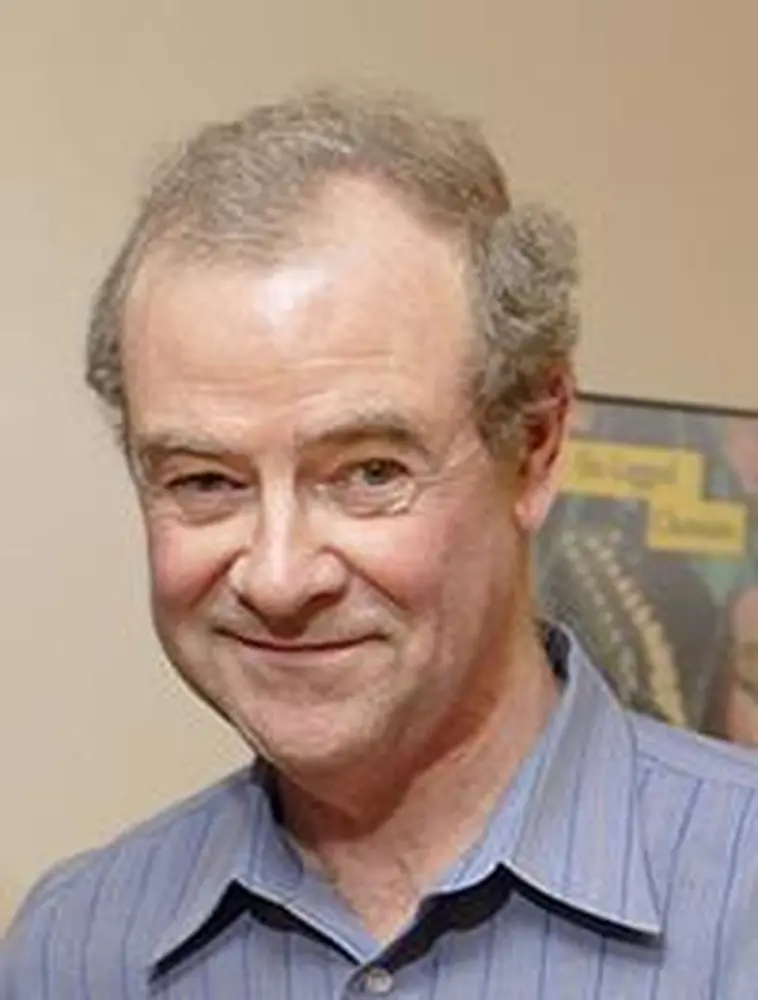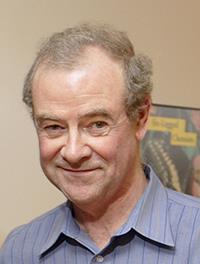

William T. Greenough, a professor emeritus of psychology at the University of Illinois and a pioneer in studies of brain plasticity and development, died December 18 in Seattle, of complications associated with Lewy Body Dementia. As a researcher at Illinois, Greenough explored the neural basis of learning and memory and the effects of aging, exercise, injury and environmental enrichment on the brain.
“Bill was one of the towering figures in neuroscience, not only on this campus but around the world,” says Neal J. Cohen, a professor of psychology at Illinois and the director of the Neuroscience Program once led by Greenough. “His work led the way in illuminating experience-related plasticity in the mammalian brain, overcoming early views that sensory and motor systems of the brain were largely fixed very early in life, showing instead that the development of new synapses occurred in response to environmental enrichment and learning.”
Greenough employed all the tools and techniques available to him—from optical and electron microscopes to electrophysiological and molecular approaches—to understand how the brain responded to a variety of influences.
“His research revealed that environment, exercise, and training continued to shape the brain throughout the lifespan,” Cohen says. The work led to new insights into the signaling and regulatory mechanisms at work in the brain and how those functions can go awry in conditions such as Fragile X syndrome, the most common cause of inherited mental impairment.
Greenough joined the U of I faculty in 1969 after earning a doctorate in psychology at the University of California at Los Angeles. By the time he retired in 2009, he held a Swanlund Endowed Chair at Illinois and was a Center for Advanced Study (CAS) professor of psychology, of psychiatry, and of cell and developmental biology. He had served as the director of the Neuroscience Program and the director of the CAS, and he played a critical leadership role in the establishment of the Beckman Institute for Advanced Science and Technology, the first multidisciplinary institute on the Urbana-Champaign campus. He served as one of the first two associate directors of the institute, and led its biological intelligence research theme for many years.
Greenough was named a fellow of the American Association for the Advancement of Science in 1985. He was elected to the National Academy of Sciences in 1992 and was named a fellow of the American Academy of Arts and Sciences in 2006.
He was a recipient of the American Psychological Society’s William James Award, the APA’s Distinguished Scientific Contribution Award, and the Society for Research Into Child Development’s Distinguished Scientific Contribution Award. He also received the Fragile X Foundation’s William Rosen Award for Outstanding Research in 1998 and a National Institutes of Mental Health MERIT Award in 1989.
Greenough also distinguished himself by his service to the field of neuroscience and his commitment to teaching and mentoring. For example, he served as treasurer of the Society for Neuroscience (2003-2006) and was a recipient of the U of I Oakley-Kunde Award for Excellence in Undergraduate Education.
He was known to his friends and family as a passionate sailor who also loved to ski.
He is survived by his mother, Maryon; sister, Mary; brother, Tom; daughter, Jennifer; son-in-law, Jorge; and two grandchildren, Alejandro and Mateo.


